Commenting on the principles and subjects of corporate income tax incentives (Article 12), the delegate said that this draft has amended and supplemented many very positive contents on tax incentive industries, especially institutionalizing some major policies of the Party, such as supporting innovation, digital technology , national digital transformation... However, according to the delegate, the draft stipulates a number of criteria such as "investment capital scale", "disbursement within 3 years", "having spreading power..." This provision can create inequality in actual implementation because the above criteria can only be met by state-owned enterprises or FDI enterprises, while it is very difficult for small and medium-sized enterprises to meet, thereby limiting the opportunities of small and medium-sized enterprises.
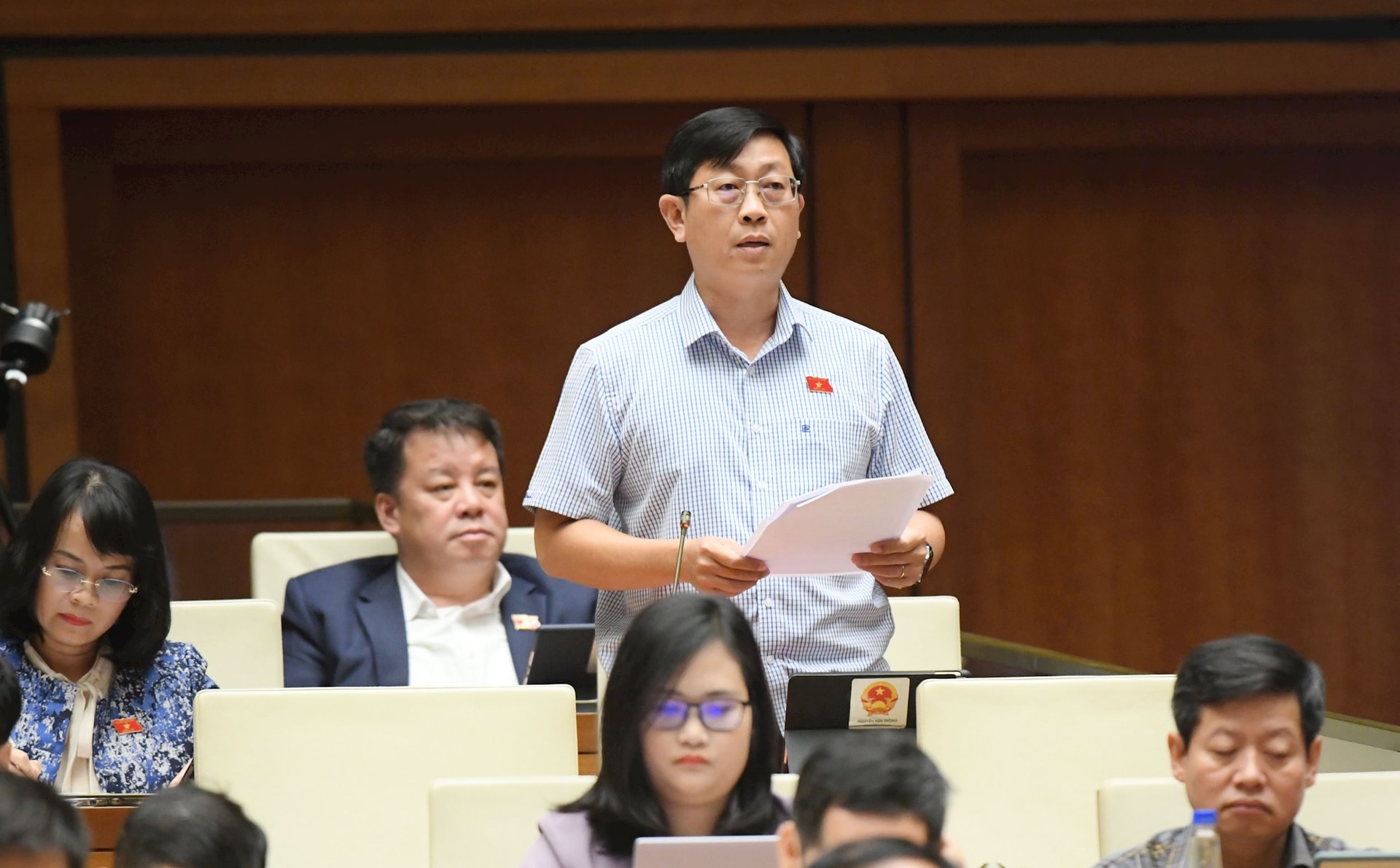
Therefore, delegates proposed that the Government should prescribe more flexible criteria for small and medium-sized enterprises when investing in the fields of innovation, environment,education , etc. to be able to access preferential policies similar to state-owned enterprises.
Regarding tax exemption and reduction (Article 14), the delegate highly appreciated the Drafting Committee's detailed tax exemption and reduction mechanism, linked to each group of subjects, each locality and each specific field. In particular, linking tax exemption and reduction to investment projects in the fields of high technology, innovation, pharmaceutical industry development, and investment in innovation centers is very suitable for our country's growth model transformation strategy. In addition, preferential policies for localities with particularly difficult socio-economic conditions also reflect the right direction of inclusive development, narrowing the regional gap. However, the delegate said that some issues need to be reviewed and studied in depth to ensure compliance with reality, specifically:
Firstly, the maximum tax exemption period of 4 years and 50% tax reduction for up to 9 subsequent years, as stipulated in Clause 1, Article 14, is not really suitable for projects with large investment capital, long capital recovery period and high risk. This policy may not be attractive enough to attract high-quality capital flows, so delegates proposed to increase the maximum tax exemption period to 6 or 8 years, and reduce 50% of tax payable for up to 12 to 15 years for new investment projects with capital of over 30,000 billion VND or having spillover effects on technology, innovation, and creating jobs for over 1,000 workers, in order to encourage corporations to invest long-term in Vietnam.
Second, some phrases in the law are still qualitative, such as “reducing pollution, improving the environment” – but there are no clear technical criteria to determine and evaluate. Such regulations are both easy to exploit and create legal risks for businesses and tax authorities; therefore, according to delegates, it is necessary to clearly stipulate technical criteria for qualitative phrases such as “reducing environmental pollution”, “improving the environment”, and businesses may be required to submit environmental assessment reports certified by specialized agencies as a basis for considering incentives.
Third, the current tax exemption and reduction policies, according to delegates, are not linked to specific output targets such as the number of jobs created, the level of investment in research and development (R&D), or the level of technology diffusion. This makes the effectiveness of incentives unquantifiable and difficult to control.
Fourth, the time for calculating tax incentives is fixed according to the first year of taxable income. The delegate believes that this regulation may not be suitable for long-term investment sectors, such as the biological industry and pharmaceutical technology. "I propose that the regulation allow enterprises to register to choose the time to start calculating incentives within a maximum period of 05 years from the time of revenue generation, in order to suit the characteristics of sectors with long investment periods such as pharmaceuticals and biotechnology." - the delegate suggested.
Regarding the allocation of the Science and Technology Development Fund (Article 17): Clause 1, Article 17 of the draft stipulates: “State-owned enterprises... must ensure the minimum allocation rate of the Science and Technology Development Fund according to the provisions of the law on science and technology”. Delegates believe that this provision may indirectly create two policy standards on science and technology responsibilities. Because the above provision only requires State-owned enterprises to ensure the minimum allocation rate of the Science and Technology Development Fund, other types of enterprises do not have similar obligations, while these types of enterprises can still benefit from general policies such as tax incentives and investment in innovation; in addition, this provision may put State-owned enterprises at a disadvantage in terms of cash flow.
Therefore, delegates proposed to amend the above regulation in the direction of applying a common minimum level of provision or incentive regulations to all enterprises, regardless of ownership type, to ensure fairness in the obligation to contribute to the development of science and technology.
Source: https://baobinhthuan.com.vn/dai-bieu-nguyen-huu-thong-gop-y-hoan-thien-chinh-sach-uu-dai-thue-cho-doanh-nghiep-vua-va-nho-130115.html
















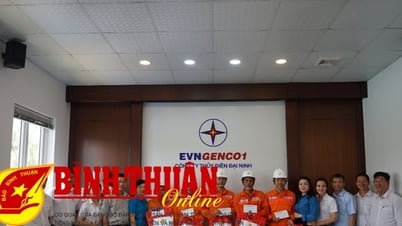








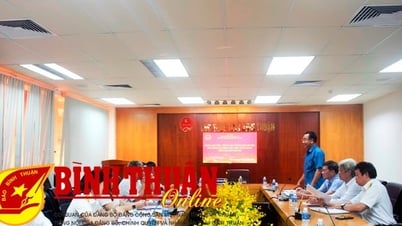



![[Photo] Prime Minister Pham Minh Chinh chairs a meeting on the implementation of the Lao Cai-Hanoi-Hai Phong railway project.](https://vphoto.vietnam.vn/thumb/1200x675/vietnam/resource/IMAGE/2025/5/20/0fa4c9864f63456ebc0eb504c09c7e26)























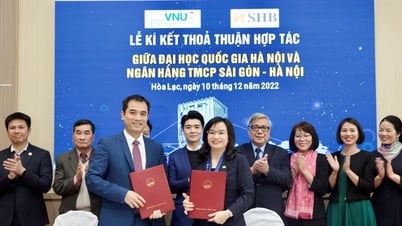

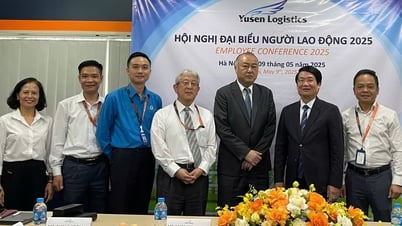









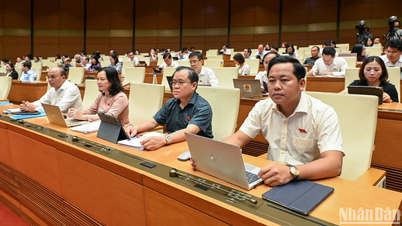


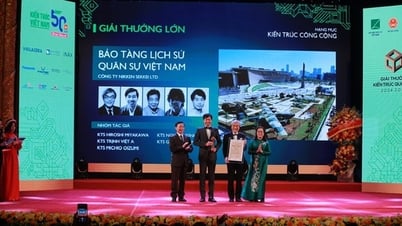


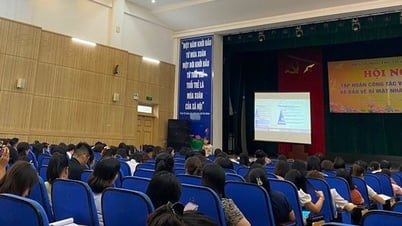
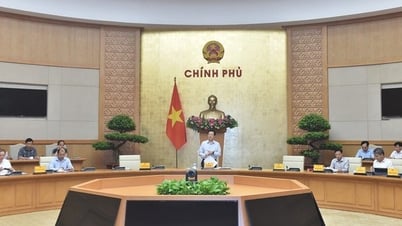
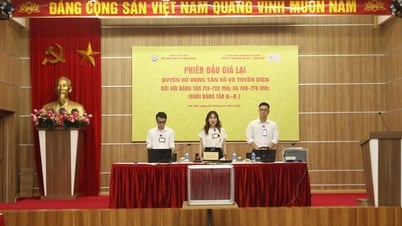

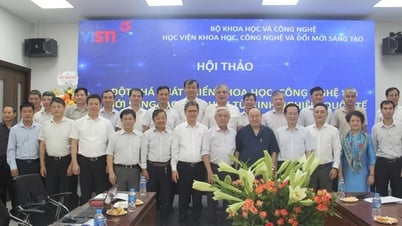


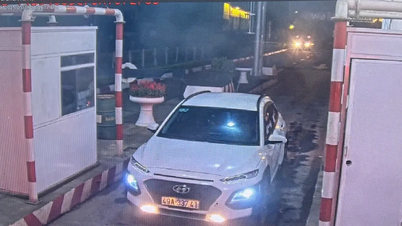













Comment (0)